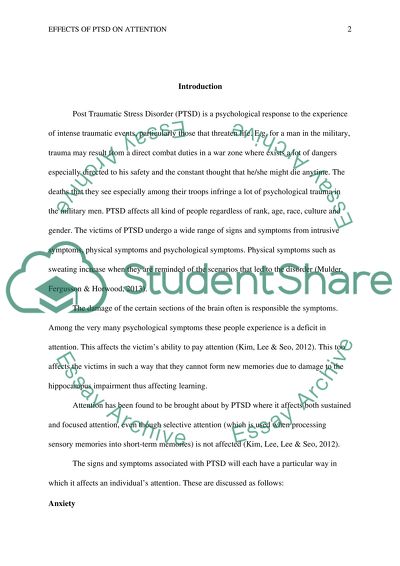Cite this document
(“The effects of post traumatic stress disorder on attention Research Paper”, n.d.)
The effects of post traumatic stress disorder on attention Research Paper. Retrieved from https://studentshare.org/psychology/1690667-the-effects-of-post-traumatic-stress-disorder-on-attention
The effects of post traumatic stress disorder on attention Research Paper. Retrieved from https://studentshare.org/psychology/1690667-the-effects-of-post-traumatic-stress-disorder-on-attention
(The Effects of Post Traumatic Stress Disorder on Attention Research Paper)
The Effects of Post Traumatic Stress Disorder on Attention Research Paper. https://studentshare.org/psychology/1690667-the-effects-of-post-traumatic-stress-disorder-on-attention.
The Effects of Post Traumatic Stress Disorder on Attention Research Paper. https://studentshare.org/psychology/1690667-the-effects-of-post-traumatic-stress-disorder-on-attention.
“The Effects of Post Traumatic Stress Disorder on Attention Research Paper”, n.d. https://studentshare.org/psychology/1690667-the-effects-of-post-traumatic-stress-disorder-on-attention.


